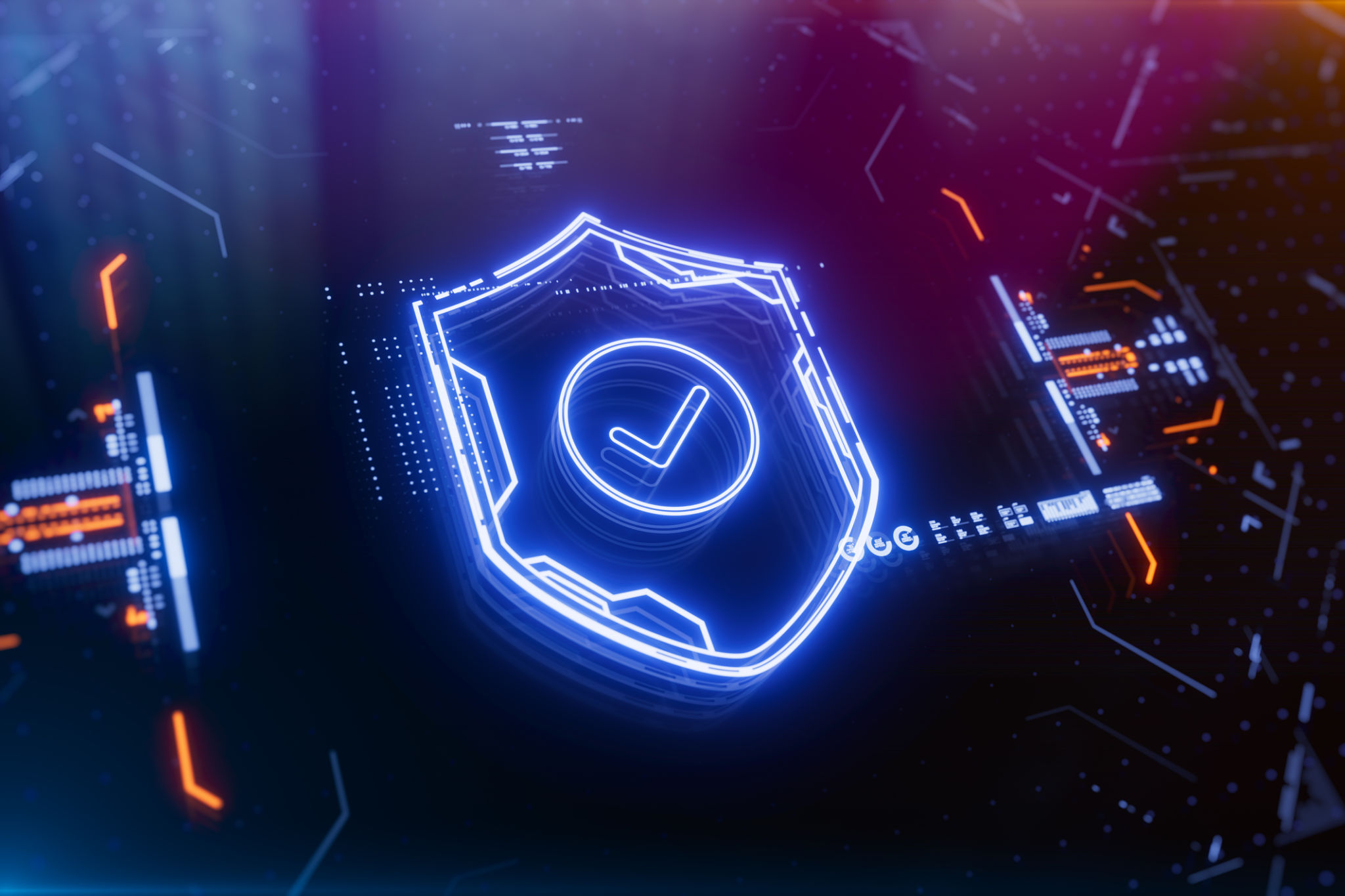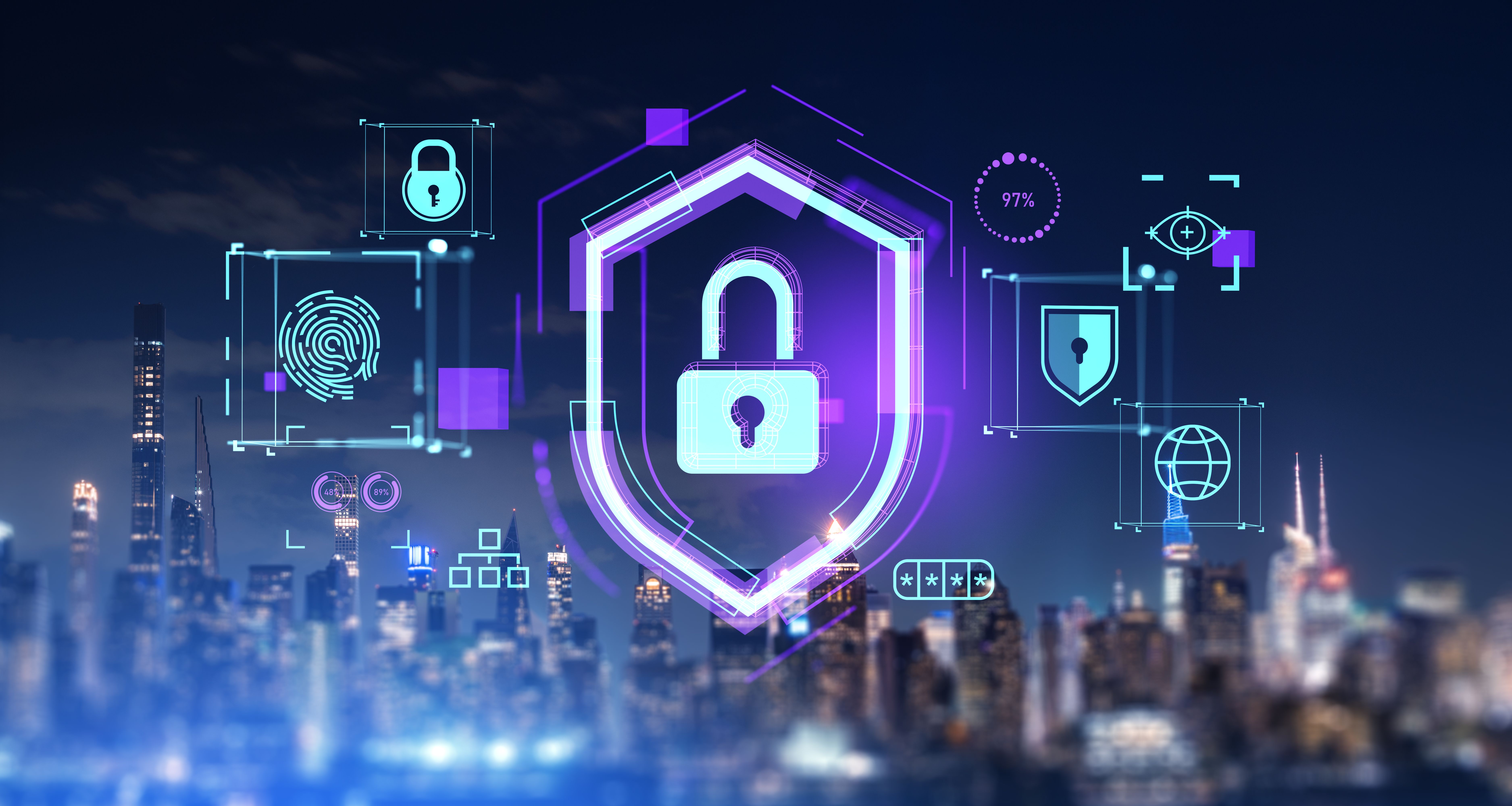Top Cybersecurity Trends Every IT Consultant Should Know
Understanding the Evolving Cybersecurity Landscape
In today's rapidly advancing digital world, cybersecurity has become more crucial than ever. As an IT consultant, staying updated with the latest trends is essential to safeguarding sensitive information and maintaining trust with clients. With cyber threats constantly evolving, understanding these trends can help you better protect systems and data.

Rise of AI and Machine Learning in Cybersecurity
Artificial Intelligence (AI) and Machine Learning (ML) are revolutionizing the cybersecurity landscape. These technologies enable the development of sophisticated security systems capable of predicting and identifying threats in real-time. By analyzing vast amounts of data, AI and ML can detect anomalies and unusual patterns, providing a proactive defense against cyberattacks.
The integration of AI and ML in cybersecurity tools offers numerous benefits, such as reducing response times, improving threat detection accuracy, and automating routine security tasks. As an IT consultant, understanding how to leverage these technologies can significantly enhance your cybersecurity strategies.
Growing Importance of Zero Trust Architecture
Zero Trust Architecture has emerged as a critical trend in cybersecurity, emphasizing the principle of "never trust, always verify." This approach ensures that every access request is thoroughly authenticated, authorized, and encrypted, regardless of whether it originates from inside or outside the network.

Implementing a Zero Trust model involves segmenting networks, enforcing strict access controls, and continuously monitoring user activity. This comprehensive approach minimizes the risk of unauthorized access and data breaches, making it a vital strategy for IT consultants to adopt.
Proliferation of IoT Devices
The Internet of Things (IoT) continues to expand, introducing both opportunities and challenges for cybersecurity. With billions of interconnected devices, each one represents a potential entry point for cybercriminals. Securing these devices requires robust authentication methods, secure firmware updates, and network segmentation strategies.
IT consultants must prioritize IoT security by advising clients on best practices, such as regularly updating device software, using strong passwords, and implementing network security measures. Understanding the unique security challenges posed by IoT devices is crucial for maintaining a secure digital environment.

The Role of Cloud Security
As more businesses migrate to cloud environments, cloud security has become a top priority. Protecting data in the cloud involves addressing various challenges such as data breaches, insecure APIs, and misconfigured cloud settings. IT consultants need to ensure that robust security measures are in place to protect sensitive information stored in the cloud.
Key strategies for enhancing cloud security include implementing encryption, conducting regular security audits, and educating clients about safe cloud practices. By focusing on these areas, IT consultants can help organizations safely leverage the benefits of cloud technology.
Enhanced Focus on Data Privacy Regulations
Data privacy regulations like GDPR and CCPA have transformed the way organizations handle personal information. Compliance with these regulations is not just a legal obligation but also a crucial aspect of cybersecurity. IT consultants must stay informed about current and emerging privacy laws to guide their clients effectively.
Ensuring compliance involves implementing data protection policies, conducting regular audits, and maintaining transparency with users about how their data is used. By prioritizing data privacy, IT consultants can help clients build trust with their customers while avoiding potential legal repercussions.

Conclusion: Staying Ahead of Cybersecurity Threats
In conclusion, staying ahead of cybersecurity threats requires continuous learning and adaptation. By understanding and embracing these key trends, IT consultants can bolster their clients' defenses and navigate the complex cybersecurity landscape with confidence. As threats evolve, so too must our strategies to protect valuable digital assets.
